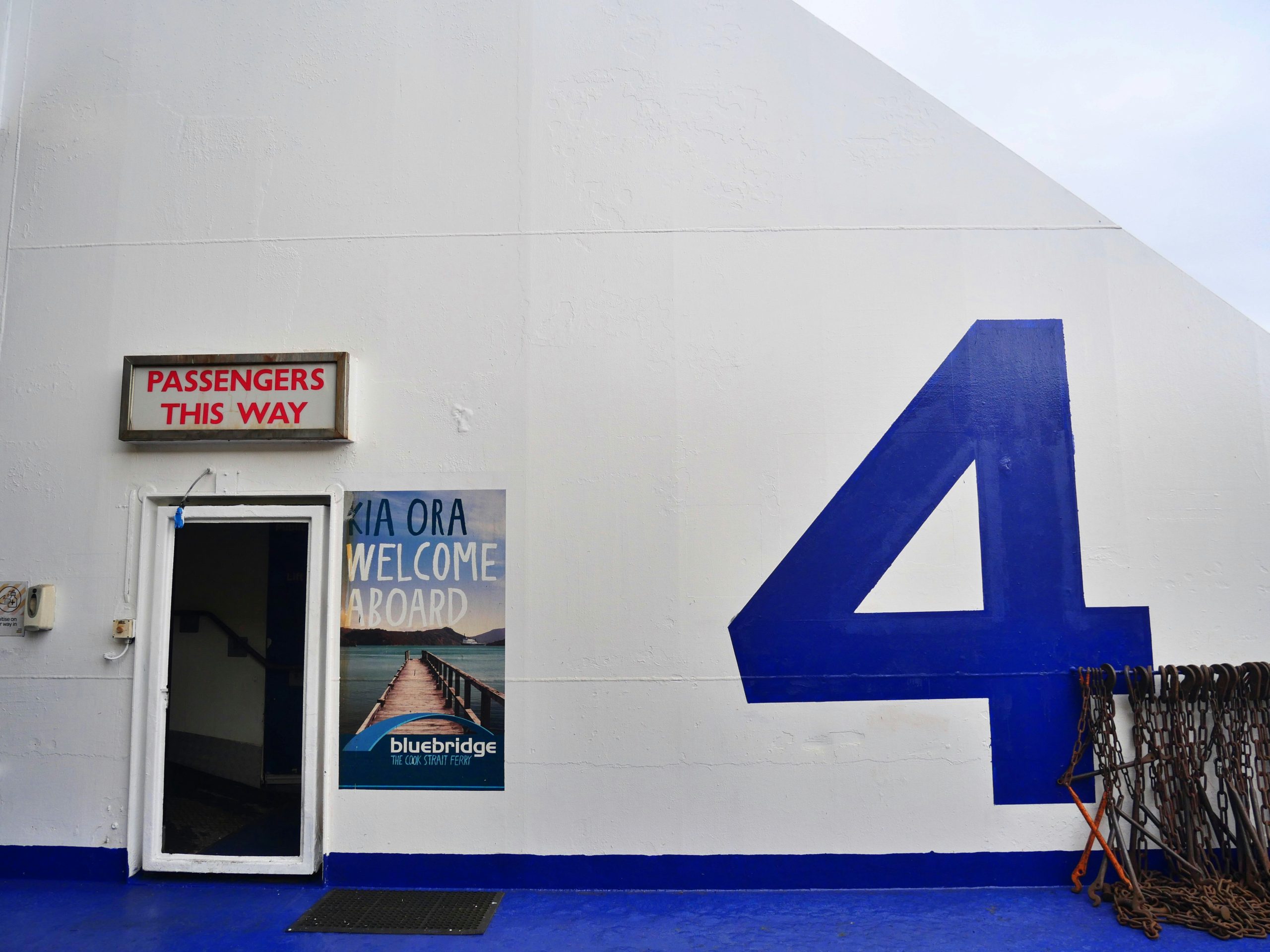
Escape the Illusion: The Ferry Industry’s Urgent Need for Ticketing Transformation
The ferry industry is standing at a crossroads. On one side, the familiar comfort of systems that have “worked” for years—clunky but functional, stitched together with custom code, Excel sheets, and sheer human willpower. On the other, the unknown: transformation, disruption, a leap into modernisation.
Andreas Krohn, CTO at Expian, captured this moment perfectly with an unexpected analogy: The Truman Show. Like the fictional world Jim Carrey’s character lives in, many ferry operators are surrounded by a carefully maintained illusion. Everything seems fine—until you look behind the scenes.
“There’s a lot of work behind the scenes just to make things work,” Krohn said. “And we all pretend it’s fine to the customer… until the CFO comes knocking.”
But pretending only works for so long. Eventually, systems buckle. Errors surface. Customers complain. Financial discrepancies appear. And suddenly, the illusion is impossible to maintain.
The Price of Standing Still
There’s bravery in change, but there’s also an unsettling kind of bravery in refusing to. Sticking with outdated systems may feel safer—but it’s a quiet gamble with far-reaching consequences.
Legacy booking platforms aren’t just inefficient—they actively hold companies back. They stifle innovation, drain staff time, and create avoidable friction for passengers. Many ferry operators now find themselves operating not one, but two booking systems: the old one that “sort of works” and the new one layered on top. The result? Confusion, inconsistency, and a barrier to launching anything new.
And all the while, Excel sheets do the heavy lifting. As Krohn joked, “It’s all held together with duct tape and chewing gum—or the IT equivalents.”
But make no mistake: the joke wears thin when your team is manually fixing broken integrations, or worse—when the books don’t balance and you’re suddenly short a million euros, as one operator recently discovered.
Ferry Travel is an Experience—Start Treating It Like One
The passenger journey doesn’t start at the port—it starts at the booking page.
That’s why the biggest risk of legacy systems isn’t operational—it’s emotional. It’s the fact that a bad ticketing experience can sour an entire trip before the vessel even leaves the dock.
“I still remember how horrible it was trying to buy tourist attraction tickets in Portugal,” Krohn recalled. “By the time I got to the cathedral, I was already in a bad mood.”
Ferry passengers—especially tourists—deserve better. And commuters need systems that “just work.” Every glitch, every confusing interface, every lack of self-service damages your brand and your relationship with your customer.
Operators need to stop thinking of themselves as mere transport providers. With the right systems in place, ferries can become experience providers—from the first click to the final docking.
We Can—and Must—Learn From Others
If the ferry industry wants to evolve, it needs to look beyond its own waters. Some of the most instructive examples aren’t fellow shipping companies—they’re tourist attractions.
Lapland UK, for instance, sells hundreds of thousands of Christmas tickets in a single afternoon. The Tower of London manages global partnerships and distributes tickets at scale. These businesses understand dynamic pricing, hype, marketing, and distribution in ways ferry operators can—and should—learn from.
Meanwhile, the ferry industry has its own unique strengths—like managing disruptions and rebookings—that are now helping tourism operators navigate complexity. This cross-pollination of ideas is where true innovation lives.
Change is Not a Project. It’s a Process.
Replacing a ticketing system isn’t a tech upgrade. It’s open-heart surgery.
It touches everything: your commercial model, your operations, your financial reporting. It requires strategy, leadership, and the patience to get it right.
That’s why a phased approach is critical. Pilot first. Train staff. Build confidence. Then scale. And above all, find a partner—not just a vendor—who can guide you through the hard parts. Because there will be hard parts.
“Technology is relatively simple,” Krohn said. “People are the challenge.”
This is why process re-engineering, change management, and leadership commitment matter just as much—if not more—than the software you choose. Don’t underestimate the emotional weight of switching off the system people have worked in for years. But don’t let that stop you either.
Don’t Rebuild the Old. Reboot the Business.
Perhaps the most powerful message in Krohn’s talk is this: don’t just digitise what you already have. Use this moment to rethink, redesign, and reboot.
Too often, companies end up recreating legacy processes with shiny new interfaces—wasting time, money, and the opportunity for real transformation.
Instead, ask: What should this process look like today? What do our customers expect now? What could we offer if we weren’t held back by old limitations?
That’s where the true ROI of modernisation lives—in new capabilities, new products, faster time to market, and a customer journey that actually delivers joy instead of frustration.
Get Out of the Set. Escape the Illusion.
You don’t have to keep pretending everything’s fine. You don’t have to keep living in a world where bad processes are patched up at the end of every month, hoping the numbers add up.
Change is coming—legislation, technology, pandemics, geopolitics. Whether you adapt or not, the world moves forward.
“The dream is that the ticketing experience is so seamless, the customer forgets it,” Krohn said. “They’re just excited to go on your ferry.”
The path to that dream starts now. Choose partners who challenge your assumptions. Reimagine your systems. Empower your people. And most of all—step off the set.
Break the illusion.
Ready to Start Your Journey?
Expian are ready to help ferry operators modernise their ticketing systems and redefine their customer experience, are you? Request a demo today here